Are you a podcast host desiring to take your interviews from average to awe-inspiring? One simple yet powerful tool you can utilize is a discussion guide. A discussion guide is a roadmap that provides an overview of the conversation you aim to have with your guest. It’s more than just a list of questions. It includes vital background information that adds depth and context to your podcast, enabling you to steer the conversation seamlessly, maintain relevance, and deliver an engaging listening experience.
Crafting an effective discussion guide involves a few key elements. Let’s glance through them to help make your future podcast interviews unmissable.
1. Know Your Guest: The first step entails thorough research on your interviewee. Draft a brief biography that provides an insight into their personal life and professional journey. Refresh yourself with this overview just before the interview. It’ll ensure you approach the interview with a tailored narrative critical for meaningful connection and dialogue.
2. Include Social Handles: Adding your guest’s social media handles to your guide allows you to promote them at the end of your show. Also, by doing a quick social media “creep”, it empowers you to personalize the conversation further
3. Confirm Pronunciation of the Name: It may sound simple, but double-checking the pronunciation of your guest’s name is a respectful practice that shows your professional courtesy.
4. Discuss Relevant Topics: Fill your guide with topics pertinent to your guest’s experience. It keeps your interviews focused and within context, ensuring your audience remains gripped to every interaction.
5. Add Gentle Reminders: Use your discussion guide to remind your guest to silence their phones, use headphones or have water nearby, reducing possible distractions during the recording.
6. Pre-recording Questions: Prioritize comfort and respect by checking with your guest upfront about their boundaries. Ask your guest whether they’re comfortable discussing certain topics. Use your guide to note these preferences. This eliminates the risk of bringing up taboo subjects during the interview.
Remember, improving your podcast interviews involves the perfect blend of comprehensive research, engaging topics, an interactive dialogue, and a deep respect for your guest’s boundaries. Using a robust discussion guide, you can hone these elements, delivering captivating and insightful conversations every time you hit record. This added depth and structure promise to elevate your podcast, strengthening listener engagement and fostering a loyal audience. After all, a well-prepared host leads to a well-received podcast!
